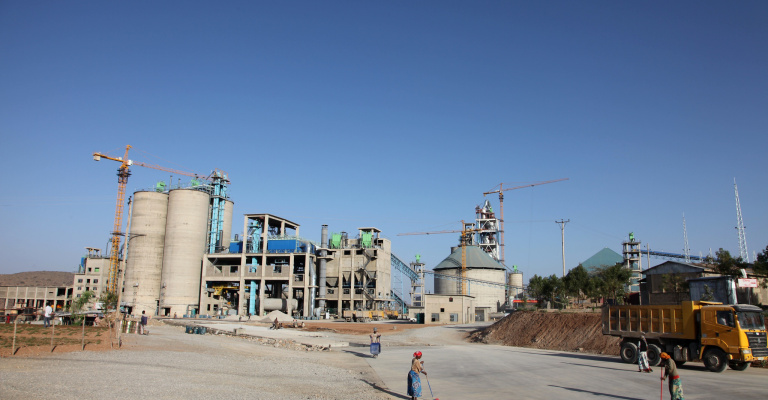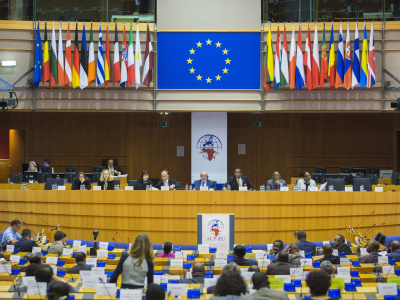
SADC industrialisation: Where regional agendas meet domestic interests
This paper looks at the political economy dynamics around regional industrialisation policy in the Southern African Development Community (SADC). It examines what drives regional industrialisation strategies in African Regional Economic Communities (RECs); the key actors and factors shaping regional industrialisation in SADC; and the resulting opportunities, different modalities and potential risks for donors who want to support such strategies.
Summary
Despite the apparent logic for regional industrialisation strategies, it is not clear what the actual role and added value of regional organisations and policies are, or should be, in this domain. While SADC member states profess support for a regional industrialisation agenda, their domestic industrial development and other political objectives often lead them to adopt policies that protect national industries, often at the expense of their neighbours.
Those who seek to support this regional agenda need to take account of these dynamics to avoid frustration. By taking an approach informed by political economy analysis, support can align with efforts that have real traction. Secondly, donors must ensure their support is flexible and adaptive to changing circumstances, and based on realistic objectives.






